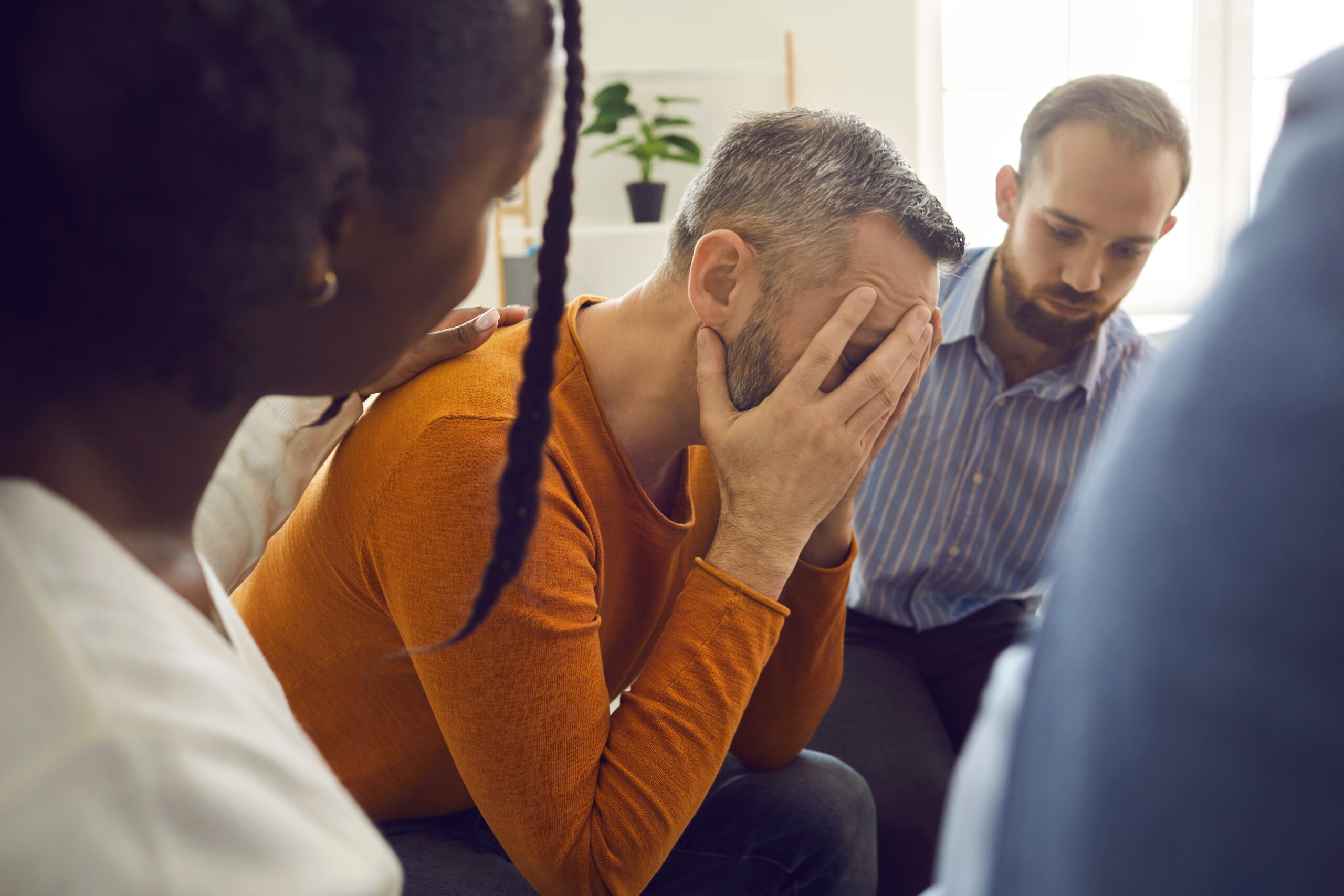Depression is a mental health condition that impacts around 17 million adults in the United States. It is a diagnosis that can make people feel hopeless. At The Pavilion in Williamsburg, Virginia, we successfully treat this condition every day, restoring hope to our patients and their families.
Types of Depression
It can be helpful to understand that there are different types of depression. The most common among these, all of which we treat at The Pavilion, are:
- Major Depression – a prolonged period of intense sadness that lasts more than 2 weeks
- Persistent Depressive Disorder – sometimes also called dysthymic disorder, this a form of depression that continues for at least two years, but is generally less severe than major depression
- Bipolar Disorder – severe mood swings that move between extreme sadness, anger, and depression to mania, which is often characterized by euphoria and impulsivity and may also include delusions.
Depression Symptoms
There is some variation among the different forms of depression, and symptoms also vary from one individual to the next, but these are some of the most commonly occurring indications that a person is struggling with depression:
- Feelings of sadness, hopelessness or numbness
- Changes in sleeping and eating patterns
- Restlessness or irritability
- Fatigue and low energy levels
- Thoughts of suicide
What are some risk factors for depression?
Any person may experience depression, regardless of their age, gender, ethnicity or other demographic characteristics, but certain things can make a person more likely to experience this mental health condition:
- Stressful life
- Suffering from abuse
- Relationship issues
- Physical health concerns
- Substance use
- Major life changes
Causes of Depression
As with so many things in life, there is not one simple answer to what causes some people to develop depression when others do not. Several different factors are thought to cause depression:
- Brain differences – the brains of people with depression look and function differently than the brains of people who are not depressed. Their brain may be unable to produce the right amounts of the chemicals they need to feel their best. Hormonal changes, such as pregnancy, childbirth, and menopause, can also trigger depression
- Genetics – if the person has blood relatives with depression, they are at higher risk.
- Difficult life events – losing a job, experiencing a divorce, the death of a loved one or being in a toxic relationship can all contribute to depression.
Women are more likely to experience depression than men. There is also a higher incidence of depression among African-American, Hispanic, and white women, versus Asian American women. There is also more depression among people within the LGBT community.
Managing Depression
While depression can be a scary and debilitating condition, there are many effective treatments for it. In many cases, patients receive the most benefit from utilizing a combination of tools, including:
- Therapy – Cognitive behavioral therapy (CBT), interpersonal therapy (IPT), behavioral activation, and problem-solving therapy are the modalities most commonly used to treat depression.
-
- Medication – Numerous medications can help with depression, and what is prescribed for one patient may not be as effective with another patient. Though antidepressants are commonly used to treat some forms of depression, they are not typically used to treat depression in children and are not the first choice for treating depression in adolescents. They are also not recommended for those with bipolar disorder.
- Coping skills – Some of the most helpful coping skills for people with depression include:
- Learning to manage their stress levels
- Engaging in activities that used to bring them joy
- Getting regular exercise
- Eating a well-balanced diet
- Maintaining a consistent sleep schedule
- Avoiding alcohol and illicit drugs
- Support – Being able to access friends, family, and support groups can be a valuable tool in managing this condition.
- Brain stimulation therapies – If the strategies above do not reduce symptoms to a point that they are manageable, these more aggressive treatment options may be considered.
Depression and Suicide
People with depression are at increased risk for suicidal thoughts and attempts. If you are concerned that someone you love might be struggling with depression, it is important to watch for signs that they could be considering ending their life. Some of the most common signs include:
- Talking about suicide – saying they wish they were dead, people would be better off without them, that they are a burden, or they are worthless
- Experiencing difficult feelings
-
- Emptiness
- Hopeless
- Being trapped
- Anxiety/agitation
- Rage
- Unbearable pain
-
- Changes in behavior
- Researching ways to die or planning how they might kill themselves
- Withdrawing from loved ones
- Saying goodbye like they will never see people again
- Giving away cherished possessions
- Engaging in risky activity like driving recklessly
- Increased substance use
If you’re seeing signs from the list above, it is important to talk to the person and make sure they are safe. This may involve staying with them, removing access to items they could use to end their life, like pills, firearms or rope, and even taking them to the nearest emergency room or calling 911 if you are not able to keep them safe. If you need help making a safety plan, you can call or text 988 to reach the National Suicide and Crisis Lifeline.
At The Pavilion, we offer a wide range of interventions to help people overcome mental health diagnoses, including depression. We work with each patient and their support systems to develop an individualized treatment plan aimed at restoring their emotional well-being.





